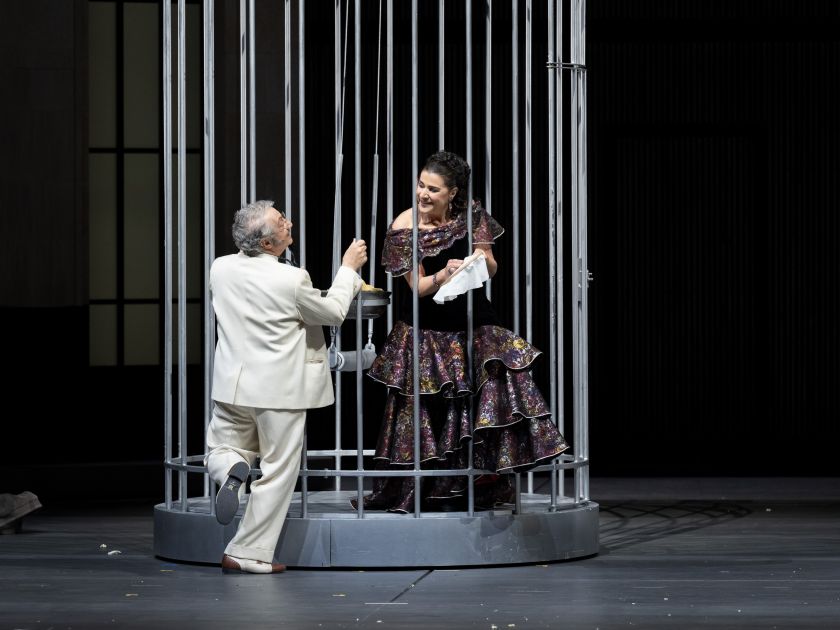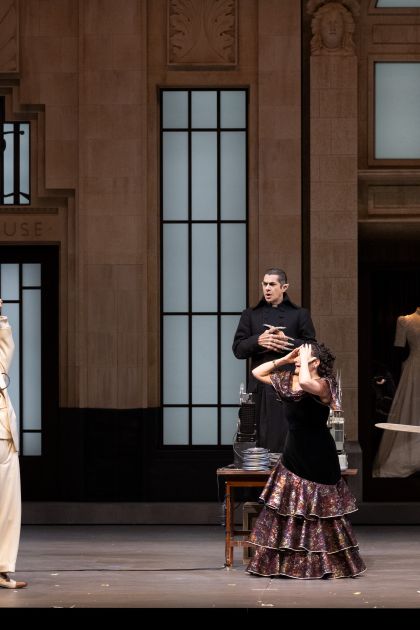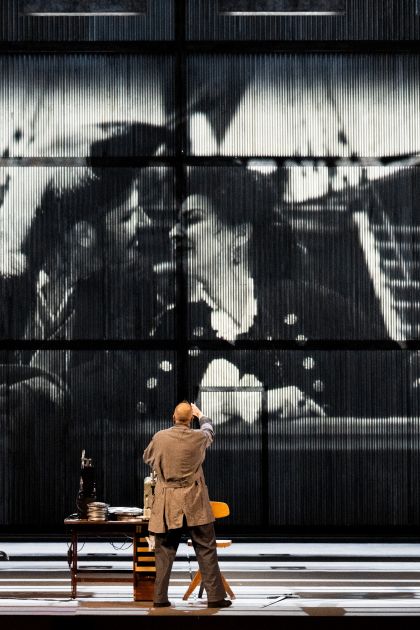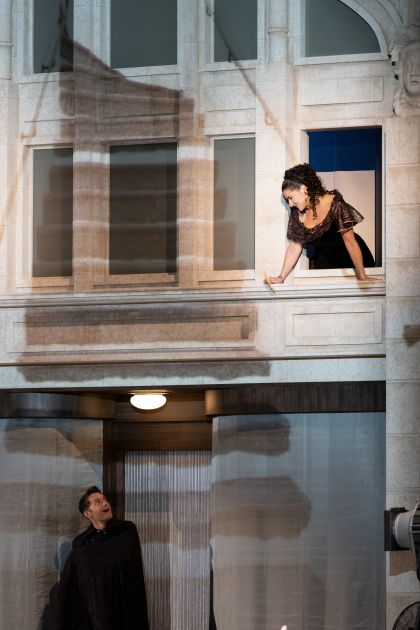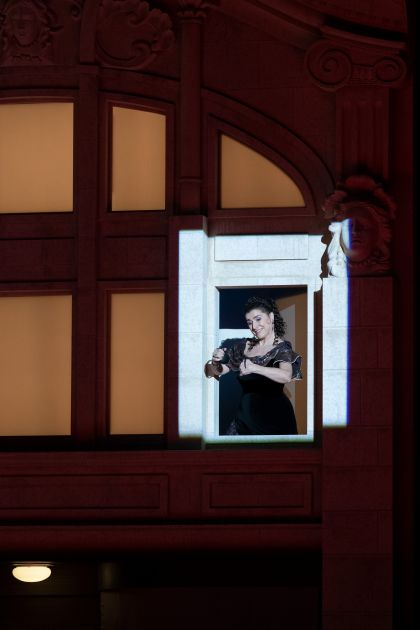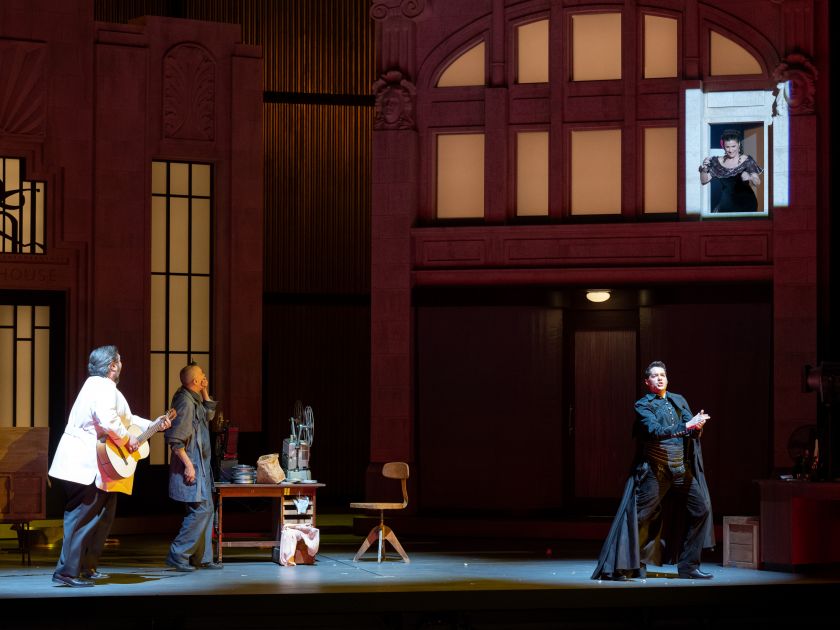Rebeca Olvera and José Coca Loza have had to cancel their participation in today’s performance (June 5) of Il barbiere di Siviglia due to illness. The Salzburg Festival is grateful to Lavinia Bini and Stefan Astakhov for taking over the roles of Berta respectively Fiorello at short notice.
Die Lola · singt saetas. · Die jungen Toreros · um sie geschart,
und der kleine Barbier, · von seiner Tür her,
folgt den Rhythmen · mit nickendem Kopf.
Zwischen Basilienkraut · und der guten Minze · singt die Lola · saetas.
Die Lola von damals, · die so lange sich ansah · in der Zisterne.
Federico García Lorca (1898—1936)
About the Production
When Il barbiere di Siviglia premiered in 1816, the Roman carnival was nearing its climax. The opera was a highly appropriate match for the unfettered atmosphere of those days: delighting in masks and disguise, performance and pretence, it is permeated with the spirit of carnival — far more so than Giovanni Paisiello’s opera on the same subject, with which the young Rossini boldly competed. In comparison with Paisiello, everything in Rossini’s work appears energized, charged with dramatic vibrancy and incisive theatricality. How different, for example, is the Barber’s first entrance: effervescing with vitality, Figaro’s aria implies that not a single thing can be accomplished in all of Seville if he doesn’t have a hand in it. While the cunning ideas that are supposed to help Almaviva to gain the hand of his Rosina are not as ‘delicious’ as Figaro claims, they undoubtedly determine the events — in fact, Figaro becomes something like a co-author of the piece, especially given that he frequently steps out of the action in order to comment on it from a distance. Rolando Villazón will expand the meta-theatrical dimension that characterizes the opera, thus opening up new potential for comedy and moments of poetry: the quick-change artist Arturo Brachetti will play the part of a daydreamer who seeks escape in old movies. But what if the movie characters suddenly step out into the real world to find themselves in an opera?

